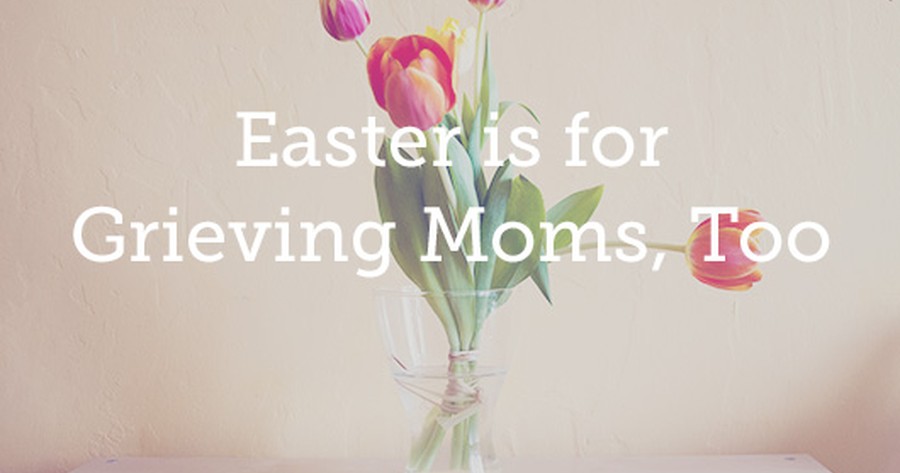My husband and I have always wanted four children . . . or five.
We always thought we would have the fourth and then make a game-time decision about adding another. We love kids. In fact, one of the things that drew me to my husband initially was that he loved kids as much as I did. Before we had children we learned to share baby-holding responsibilities when we babysat for friends. When spending time with our nieces and nephews, we are often on the floor building train tracks or playing with cars. We're a kid-friendly house if there ever was one.
Two of our babies are in heaven.
In God's kind providence, He gave us twin boys in February 2013. There were no arguments about who got to hold our new baby because there were two of them—one for each of us. We were, and still are, smitten with them.
But the twins weren't our first.
We actually have four children, but you won't see the other two in family pictures or on our next Christmas card. Two of our babies are in heaven. Why do I believe this?
I firmly hold that sin is serious and God is holy, so I have had to wrestle through the truth that all of us are sinners (Rom. 3:23) and in need of Christ. The awful reality is that little babies sometimes never make it to a mental capacity that enables them to have genuine saving faith that puts them in right standing with God.
In light of this, I believe God makes a way to cover the sin of precious infants who die inside and outside of the womb before they can consciously repent of their sins and trust in Christ alone. John Piper has said that the exception of "therefore" in Romans 1:19–20 seems to imply that only those who clearly have never seen what God is like have an excuse for their failure to believe. And babies fall within that category.
In addition, I have been comforted by King David's grief-stricken words over the death of his own son. David seems to understand that while his son was then absent from him through death, he would one day be united to him again (2 Sam. 12:23).
I yearn for that day. I have had two miscarriages now—one before the twins and one after. Each brought its own set of emotional and physical pain. Each loss brought a deep ache and tear-filled hope that God is working all things for good in the lives of His children, even me (Rom. 8:28). And each loss brought with it a fresh longing for the resurrection of the dead.
The promises of Easter are true when our arms are full or when our arms are empty.
Few things make you ponder the resurrection like losing a loved one, especially a child. In these weeks leading up to Easter, a grieving mother can feel weary with all the talk of celebration and hope.
Hope feels lost when your arms are painfully empty.
I remember the Easter after we lost our first baby. It was right around the baby's due date, and the grief hit me with a mixture of expectant hope and overwhelming sorrow. Through my tears I worshiped the risen Christ who would one day raise my baby. But my heart ached to have him or her in my arms.
As Easter fast approaches, I am again in familiar territory.
The promises of Easter are true when our arms are full or when our arms are empty. I have felt both. The empty tomb assures us that the same power that raised our Christ from the grave will one day raise our children. The sin-crushing work of Christ that defeated our sin will one day defeat the death that comes to all of us—even our precious babes.
This is how we can worship on Easter morning. Not because we have forgotten the babies we have lost. Not because our grief is small. It is precisely because our pain is deep and our tears are real that we can worship the God who knows all of our sorrows and promises to wipe every tear away (Rev. 21:4). The resurrection power of our Christ gives us hope, even in our grief. As mothers on this painful pilgrim journey, we cling to the One who conquered the grave and will one day raise us to newness of life.
How are you clinging to Him in the midst of grief this Easter season?


Join the Discussion